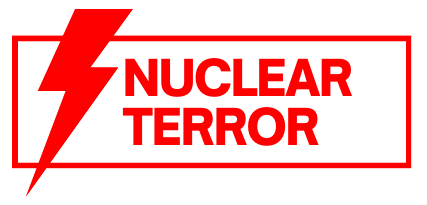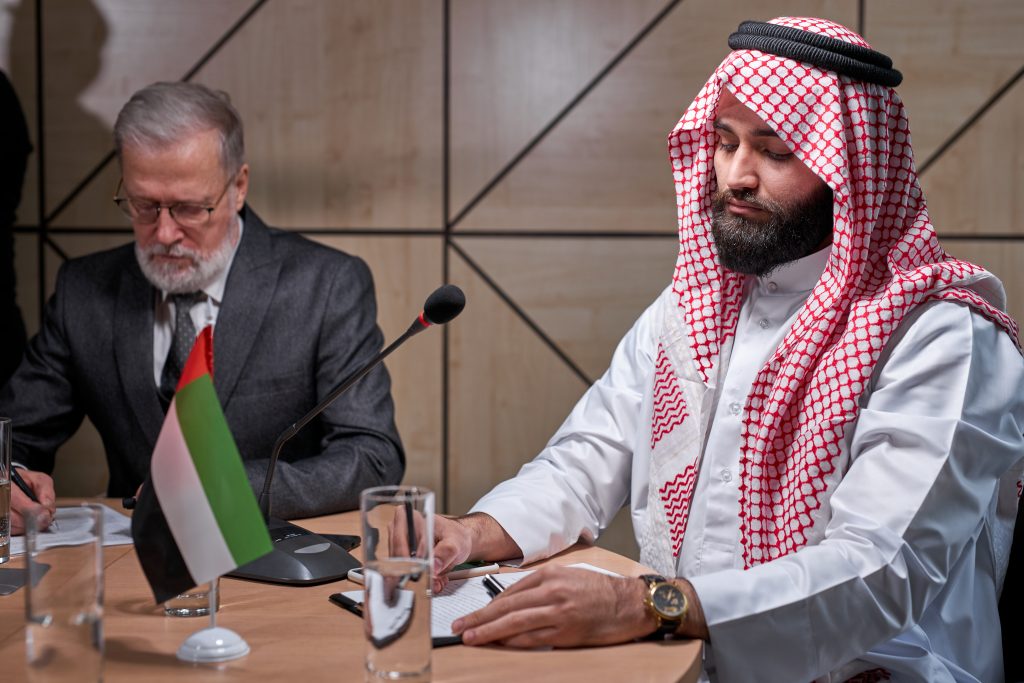Are you wondering whether Saudi Arabia is a part of the Nuclear Non-Proliferation Treaty (NPT)? Well, let’s dive into the complexities surrounding Saudi Arabia’s involvement in the NPT and its stance on nuclear disarmament. As we explore Saudi Arabia’s voting history on NPT resolutions, its national position on nuclear weapons, and its participation in the treaty’s negotiations, we will unravel the intriguing puzzle that surrounds Saudi Arabia’s relationship with the NPT. But that’s not all – we’ll also delve into Saudi Arabia’s nuclear ambitions and threats, the US policy shift on Saudi enrichment, and the Israeli stance on Saudi enrichment. So, stay tuned to discover the comprehensive picture of Saudi Arabia’s connection to the NPT.
Saudi Arabia’s Position on the TPNW
Saudi Arabia’s position on the Treaty on the Prohibition of Nuclear Weapons (TPNW) has evolved over time, reflecting its commitment to international peace and security and its concerns about the risks associated with prohibited weapons in wars. Saudi Arabia’s nuclear policy aligns with its hope for international peace and security without exceptions for weapons of mass destruction. The country has expressed its support for eliminating all forms of nuclear weapons and has given special attention to treaties and agreements that contribute to this goal. Saudi Arabia has emphasized the importance of achieving peace and stability through the elimination of internationally forbidden weapons.
In terms of its stance on disarmament, Saudi Arabia has engaged with international treaties and participated in the negotiation of the TPNW at the United Nations in 2017. While Saudi Arabia voted in favor of the adoption of the TPNW in 2018, its voting pattern since then has changed. Since 2021, Saudi Arabia has abstained from voting on the annual UN General Assembly resolution regarding the TPNW. This shift in voting reflects Saudi Arabia’s changing position on the treaty.
Saudi Arabia’s regional security concerns play a significant role in shaping its stance on disarmament. The country has highlighted the risks of wars involving prohibited weapons and the need to reduce these risks. It has emphasized that security and stability in any region cannot be achieved through possession of weapons of mass destruction.
Saudi Arabia’s Participation in TPNW Negotiations
During the negotiation of the Treaty on the Prohibition of Nuclear Weapons (TPNW) at the United Nations in 2017, Saudi Arabia participated as one of the 122 states that voted in favor of its adoption. Saudi Arabia’s role in the negotiations reflected its stance on nuclear disarmament and its commitment to international cooperation. In its opening statement to the negotiating conference, Saudi Arabia emphasized the importance of security and stability, stating that possession of weapons of mass destruction cannot achieve these goals. Saudi Arabia’s participation in the negotiations was supported by its endorsement of a humanitarian pledge to cooperate in efforts to stigmatize, prohibit, and eliminate nuclear weapons. However, despite its initial support for the TPNW, Saudi Arabia has not yet signed or ratified the treaty. In recent years, Saudi Arabia’s voting history on TPNW resolutions has changed, abstaining from voting since 2021, while voting in favor of the resolution from 2018 to 2020. It is important to note that this shift in stance does not necessarily indicate a rejection of nuclear disarmament efforts, but rather a reconsideration of the treaty’s obligations and its alignment with Saudi Arabia’s national interests and security concerns.
| Saudi Arabia’s Role | Saudi Arabia’s Stance | Nuclear Disarmament Efforts |
|---|---|---|
| Participated in the TPNW negotiations | Voted in favor of the TPNW adoption | Endorsed a humanitarian pledge to cooperate in efforts to eliminate nuclear weapons |
| Emphasized the importance of security and stability | Abstained from voting on TPNW resolutions since 2021 | Committed to stigmatizing, prohibiting, and eliminating nuclear weapons |
| Supported international cooperation on nuclear disarmament | Voted in favor of TPNW resolutions from 2018 to 2020 | Considers alignment with national interests and security concerns |
| Supported efforts to achieve peace and stability | Yet to sign or ratify the TPNW | Reevaluating treaty obligations |
| Committed to reducing the risks of prohibited weapons in wars |
Saudi Arabia’s National Position on Nuclear Weapons
After participating in the negotiation of the Treaty on the Prohibition of Nuclear Weapons and endorsing a humanitarian pledge to cooperate in efforts to eliminate nuclear weapons, it is important to understand Saudi Arabia’s national position on nuclear weapons. Saudi Arabia’s stance on nuclear disarmament is clear and aligned with its commitment to international peace and security. The country supports the elimination of all forms of nuclear weapons and emphasizes the importance of achieving peace and stability through the elimination of internationally prohibited weapons. Saudi Arabia recognizes the risks associated with wars involving prohibited weapons and advocates for reducing these risks. The national position reflects Saudi Arabia’s hope for a world free from weapons of mass destruction, where all nations can live in peace and security. By supporting the elimination of nuclear weapons, Saudi Arabia demonstrates its dedication to international efforts aimed at promoting global peace and disarmament.
Saudi Arabia’s Voting History on TPNW Resolutions
The voting history of Saudi Arabia on resolutions regarding the Treaty on the Prohibition of Nuclear Weapons reflects the country’s evolving position on the issue. From 2018 to 2020, Saudi Arabia voted in favor of the annual UN General Assembly resolution that calls upon all states to sign, ratify, or accede to the TPNW at the earliest possible date. However, since 2021, Saudi Arabia has abstained from voting on the resolution. This change in Saudi Arabia’s voting pattern demonstrates its engagement with and consideration of the objectives of the TPNW.
The table below summarizes Saudi Arabia’s voting history on TPNW resolutions:
| Year | Vote |
|---|---|
| 2018 | Yes |
| 2019 | Yes |
| 2020 | Yes |
| 2021 | Abstain |
Saudi Arabia’s stance on nuclear disarmament is apparent in its voting pattern. By voting in favor of the TPNW resolution in previous years, Saudi Arabia showed its support for efforts to prohibit nuclear weapons and promote disarmament. However, the decision to abstain in 2021 indicates a potential shift in Saudi Arabia’s approach to weapons of mass destruction. It is important to note that Saudi Arabia’s engagement with international treaties and its role in promoting peace and stability continue to play a significant role in shaping its position on nuclear disarmament.
Further Information and Resources
Saudi Arabia’s engagement with international treaties and its role in promoting peace and stability shape its position on nuclear disarmament, and for further information and resources on this topic, the Nuclear Weapons Ban Monitor provides valuable insights into the status of Saudi Arabia’s involvement with the Treaty on the Prohibition of Nuclear Weapons (TPNW). The Nuclear Weapons Ban Monitor is an authoritative source that tracks the progress and actions of states regarding the TPNW. It offers a comprehensive overview of Saudi Arabia’s nuclear program, including its nuclear cooperation agreements, nuclear energy plans, nuclear security measures, and nuclear proliferation concerns. This resource provides an analytical and objective perspective on Saudi Arabia’s position on nuclear disarmament and its efforts to ensure peace and stability. By exploring the Nuclear Weapons Ban Monitor, you can gain a deeper understanding of Saudi Arabia’s stance on nuclear weapons and its commitment to international peace and security. With its comprehensive information and valuable insights, this resource is essential for anyone seeking to engage in the discourse surrounding Saudi Arabia’s involvement with the TPNW.
Saudi Arabia’s Nuclear Ambitions and Threats
With its pursuit of nuclear energy and its interest in uranium enrichment, Saudi Arabia’s nuclear ambitions have raised concerns about the potential for weapons development and the implications for regional stability. Saudi Arabia’s nuclear program has become a focal point in the ongoing rivalry between Saudi Arabia and Iran. The United States’ relationship with Saudi Arabia also plays a significant role in shaping the discourse surrounding Saudi Arabia’s nuclear ambitions. While the Biden administration has signaled a willingness to consider a Saudi enrichment program, there is Congressional opposition and concerns about proliferation. Additionally, the potential normalization of Israeli-Saudi relations further complicates the situation. Israel, a staunch opponent of nuclear weapons development in the region, has expressed concerns about Saudi enrichment. Congressional opposition, the Israeli stance, and the challenges of garnering support in the US Congress for a nuclear cooperation agreement with Saudi Arabia highlight the complexities and uncertainties surrounding Saudi Arabia’s nuclear aspirations.
US Policy Shift on Saudi Enrichment
Amidst concerns about Saudi Arabia’s nuclear ambitions and the potential for weapons development, there has been a notable shift in US policy regarding Saudi enrichment. The Biden administration’s stance on Saudi enrichment marks a departure from long-standing US policy to limit the spread of uranium enrichment. This shift in policy has raised various emotional responses:
- US Saudi relations:
- Optimism: Some view the policy shift as a positive step towards strengthening US-Saudi relations and fostering cooperation on nuclear energy.
- Concern: Others express concern that this shift could potentially enable Saudi Arabia to develop nuclear weapons, causing instability in the region.
- Israeli opposition:
- Support: The Israeli Prime Minister, Benjamin Netanyahu, has advocated for an agreement that includes Saudi enrichment, aligning with Israel’s opposition to nuclear weapons capabilities in the region.
- Criticism: However, opposition leader Yair Lapid has voiced opposition to any level of Saudi enrichment, leading to a divided stance within Israel.
- Congressional opposition:
- Criticism: Sixteen Democrats in the US Senate have expressed concerns about supporting a Saudi nuclear program, urging the administration to consider the “gold standard” for any nuclear cooperation agreement, which would limit enrichment capabilities.
- Alternative arrangements:
- Possibilities: The Biden administration has the option of pursuing alternative arrangements, such as constructing and operating a uranium-enrichment facility on Saudi soil, or supporting a fuel fabrication facility in Saudi Arabia. These alternative arrangements aim to reduce the risk of Saudi Arabia using a civil nuclear program for weapons purposes.
As the US policy on Saudi enrichment continues to evolve, it is imperative to consider the potential impact on regional stability and non-proliferation efforts.


